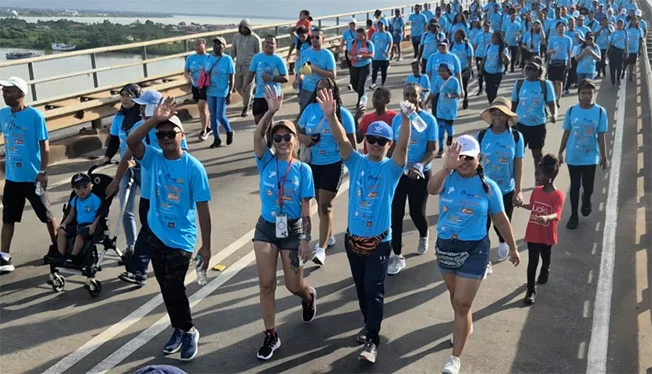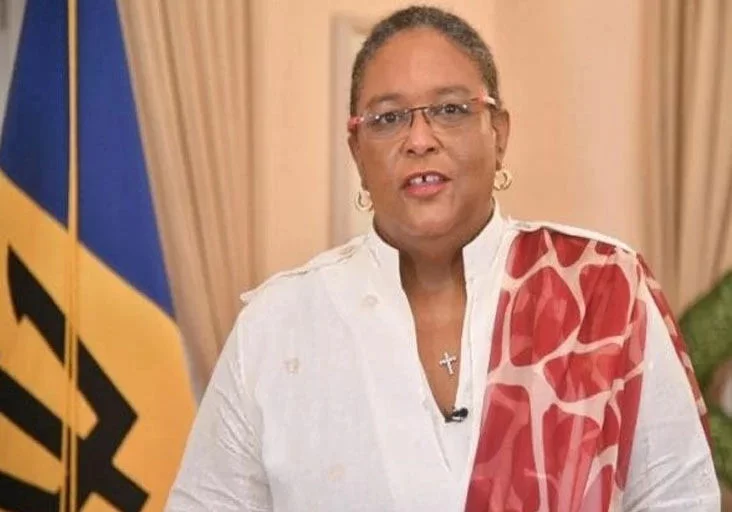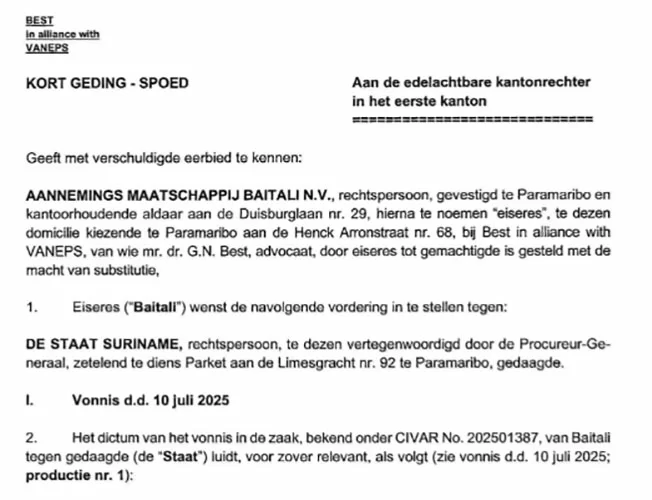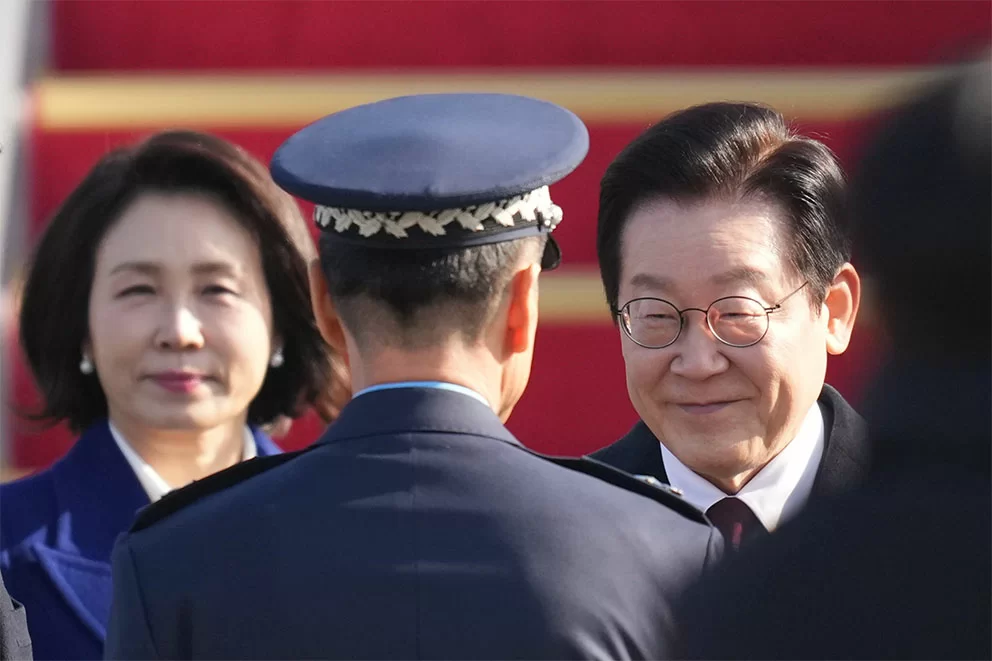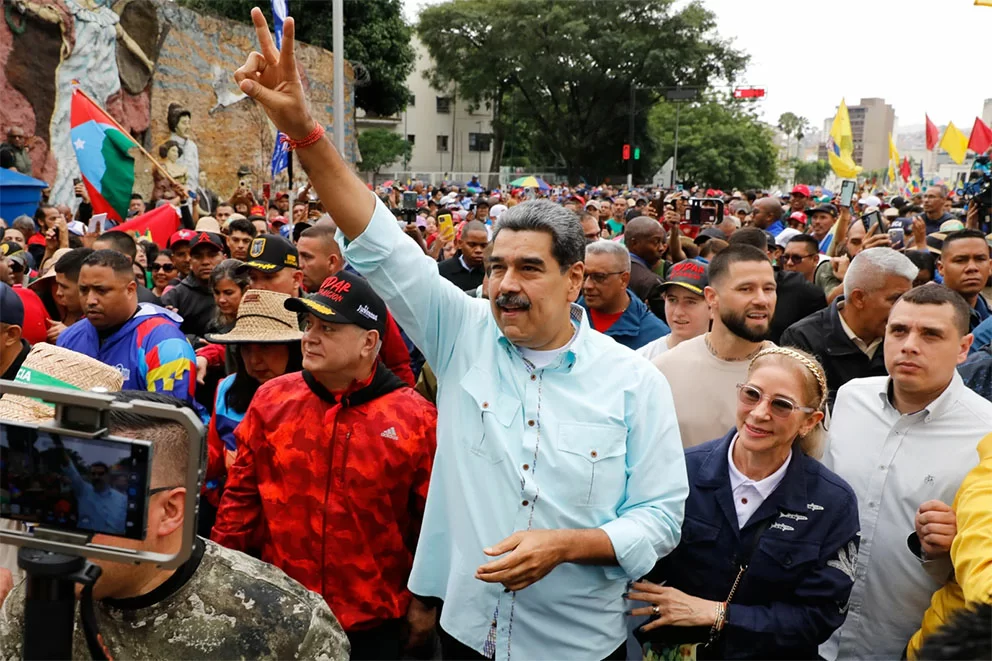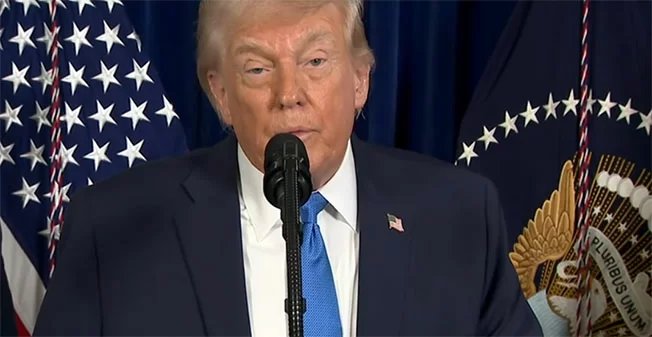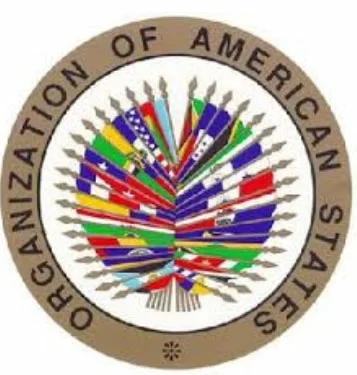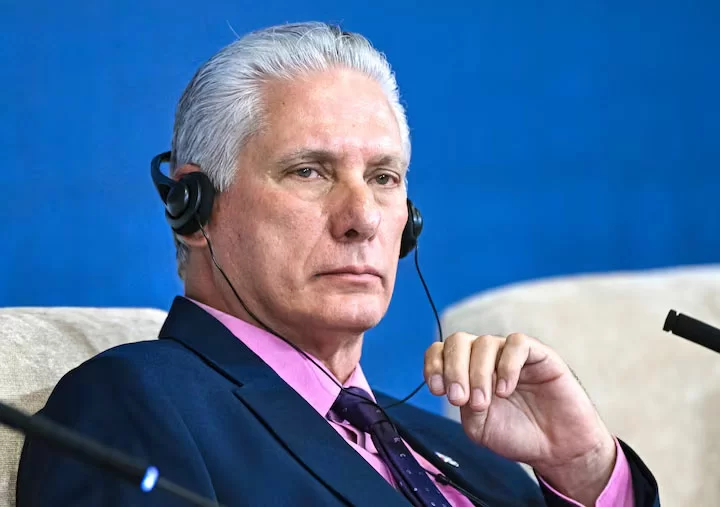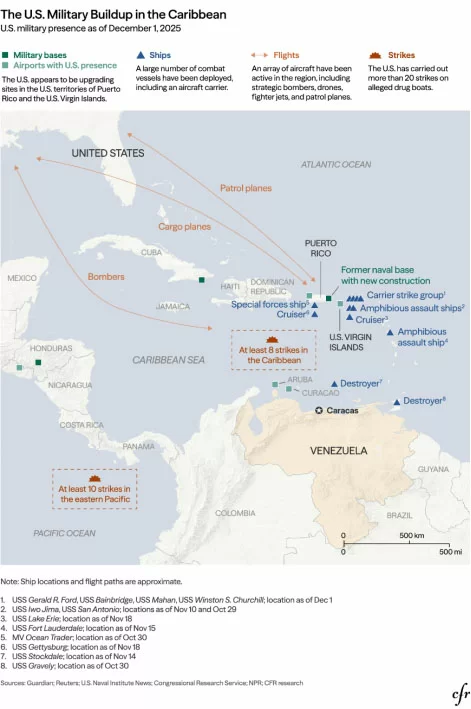PARAMARIBO, SURINAME – January 4, 2026 marked the successful conclusion of the 22nd annual Bigi Broki Waka event, with over 4,400 participants joining the massive walking celebration across Suriname’s iconic Bosje Bridge. The event proceeded with remarkable orderliness and minimal incidents, according to organizers.
The participation breakdown included 3,700 walkers in the mass walking segment, 450 competitors in the 5-kilometer speed walk, and 250 athletes in the 10-kilometer competitive race. A poignant moment occurred before the official start when both sides of the bridge observed a minute of silence honoring victims of a recent tragedy in Commewijne.
Participants experienced one of the event’s signature moments at the highest point of the Bosje Bridge, where many paused to capture photographs, record videos, and take group selfies against the panoramic backdrop. Transportation logistics involved busing walkers to Meerzorg in Commewijne, followed by a five-kilometer return walk toward Paramaribo upon competition completion.
The competitive elements saw international dominance in the 10-kilometer races. Guyana’s Jaleesa Wright claimed victory in the women’s division, followed by Wellen Desouza from French Guiana, with Suriname’s Candice Zschuschen securing third place. The men’s division featured Ruben Lindingo (French Guiana) as champion, trailed by compatriot Odylson Prika in second and Guyana’s Cleveland Thomas in third.
Local athletes excelled in the 5-kilometer speed walk, with Romy Pigot winning the women’s category ahead of sister Tirza Pigot (second) and Thelma Vreden (third). The men’s division saw Stijn Jorissen emerge victorious, followed by Carlos Feliksdal and David Voigt.
Notably, the event featured significant participation from visually impaired individuals, with a group of 18 people including guides completing all three event components. Organizers reported decreased numbers of ‘boromans’ (unauthorized vendors) during the mass walk, attributing this improvement to targeted public awareness campaigns.
Event chairman Hans Girjasingh of the Bigi Broki Waka Foundation confirmed two ambulance deployments for minor participant incidents, noting all affected individuals were in good condition. Girjasingh declared the edition thoroughly successful and expressed satisfaction with the event’s overall execution.
